Energy, digital and the levers of sustainability
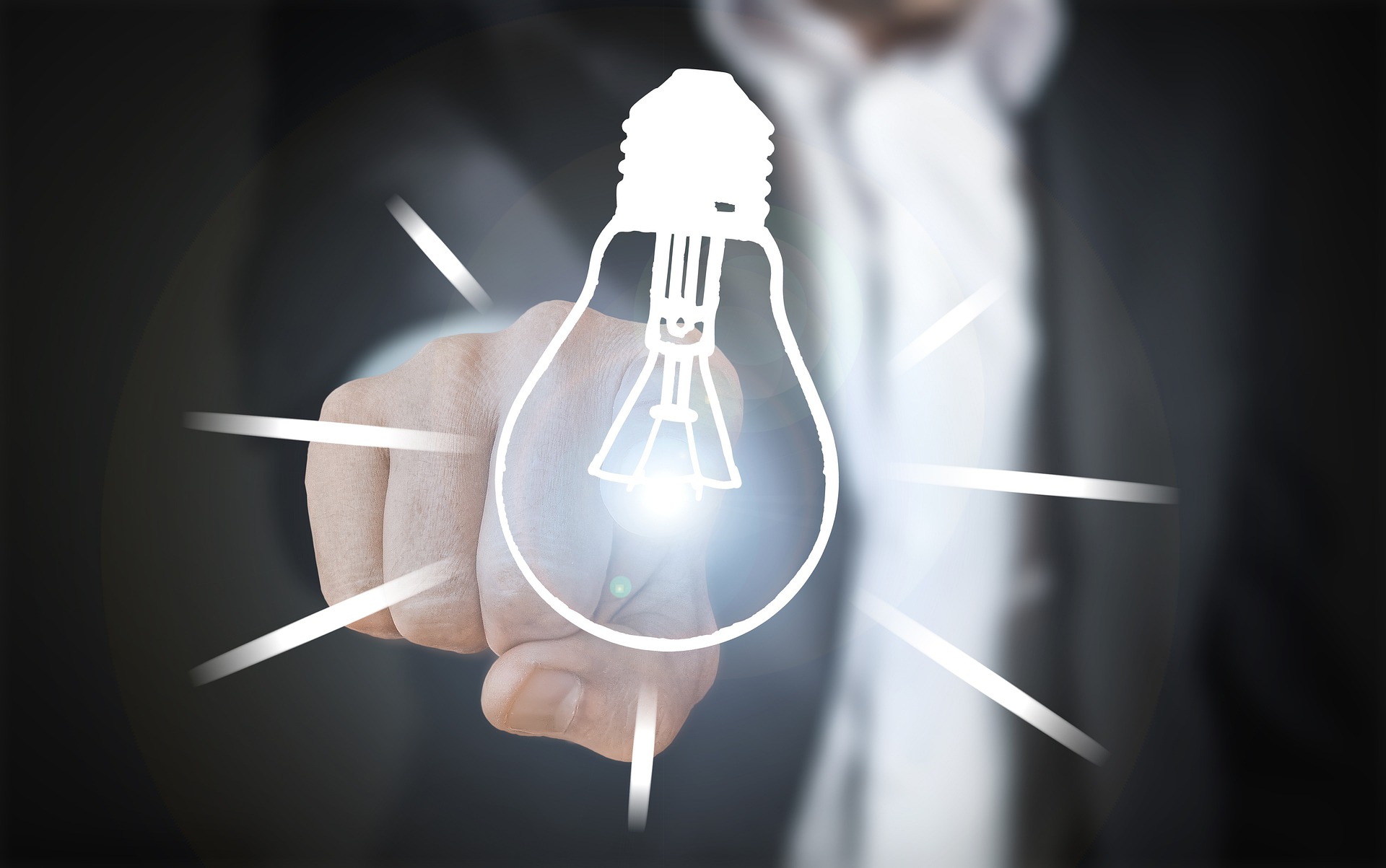
Energy from emergency to pillar of a new sustainable economic future. This is how Europe is being challenged on this issue in a year that has seen a war erupt on its territory and a major energy crisis, while countries were still counting the damage of the Covid-19 pandemic.
The future of industry has to be built in Europe with digital and its basic materials, which include microprocessors and minerals: today we need more than gas and fossil fuels, said Ursula von der Leyen, President of the European Commission, in her recent State of the Union discours. “Whether chips for virtual reality or cells for solar panels, the twin transitions will be powered by primary materials,” von der Leyen said. “Lithium and rare soils are already replacing gas and oil at the core of our economy. By 2030, our demand for rare soils will be five times bigger. And this is a good sign, because it shows that our European Green Deal is moving fast.”
Just in the aftermath of the explosion of the Covid emergency, the research ‘Towards a net zero society. Digital technologies and strategies for a zero-emission world‘, carried out in 2021 by Atos Italia and The European House – Ambrosetti, quantified the impact of digitalisation in the effort towards a sustainable restart and concluded that digitalisation could contribute to more than 50 % of Italy’s decarbonisation and climate neutrality path between now and 2050. To achieve this goal, 20 strategic, accelerating or enabling digital levers will have to be activated, including Automation, Artificial Intelligence, Internet of Things (IoT), Cloud and High Performance Computing, Digital twin and Digital Platforms, in favour of the eight sectors of the Italian economy today most involved in energy consumption and the generation of polluting emissions. These include transport, electricity companies, manufacturing, services and waste. By 2050, digital energy will contribute, directly and indirectly, for 53.2% to the reduction of polluting emissions.
Energy and its role in the twin transitions (digital and ecological) will be right at the heart of the third iWeek. The Mediterranean as an alternative source for gas extraction, the energy independence and diversification of European countries, renewable sources, decarbonisation targets and resource weaponization are some of the economic and geopolitical topics on the agenda. Green technologies, today dependent on rare soils from China, and on microchips from Taiwan and Asia – issues on which the European Commission, as we have seen, is already working – assume a prominent position within the debate. Green tech (or cleantech) refers to solutions that use technology and science to create products and services with a lower environmental impact because they reduce the consumption of resources and the generation of waste and pollution.
Another topic that will be discussed during iWeek is the digitalisation of energy grids, which not only reduces costs and waste, but also makes it possible to manage energy flows smartly (Smart Grid) thanks to storage systems and the analysis of consumption trend data: during peak hours, electricity grids send energy to users, when demand drops, energy can return from users to the grid. This is where the topic of cybersecurity comes in: cyber defences are needed wherever there are connected devices.
The first two iWeeks editions took place in May 2021 and January 2022 respectively, gathering a total of more than 3,600 participants with their focus on topical issues such as cyber security, cognitive technologies and digital, energy and intelligence transitions.
What we should expect from Artificial Intelligence
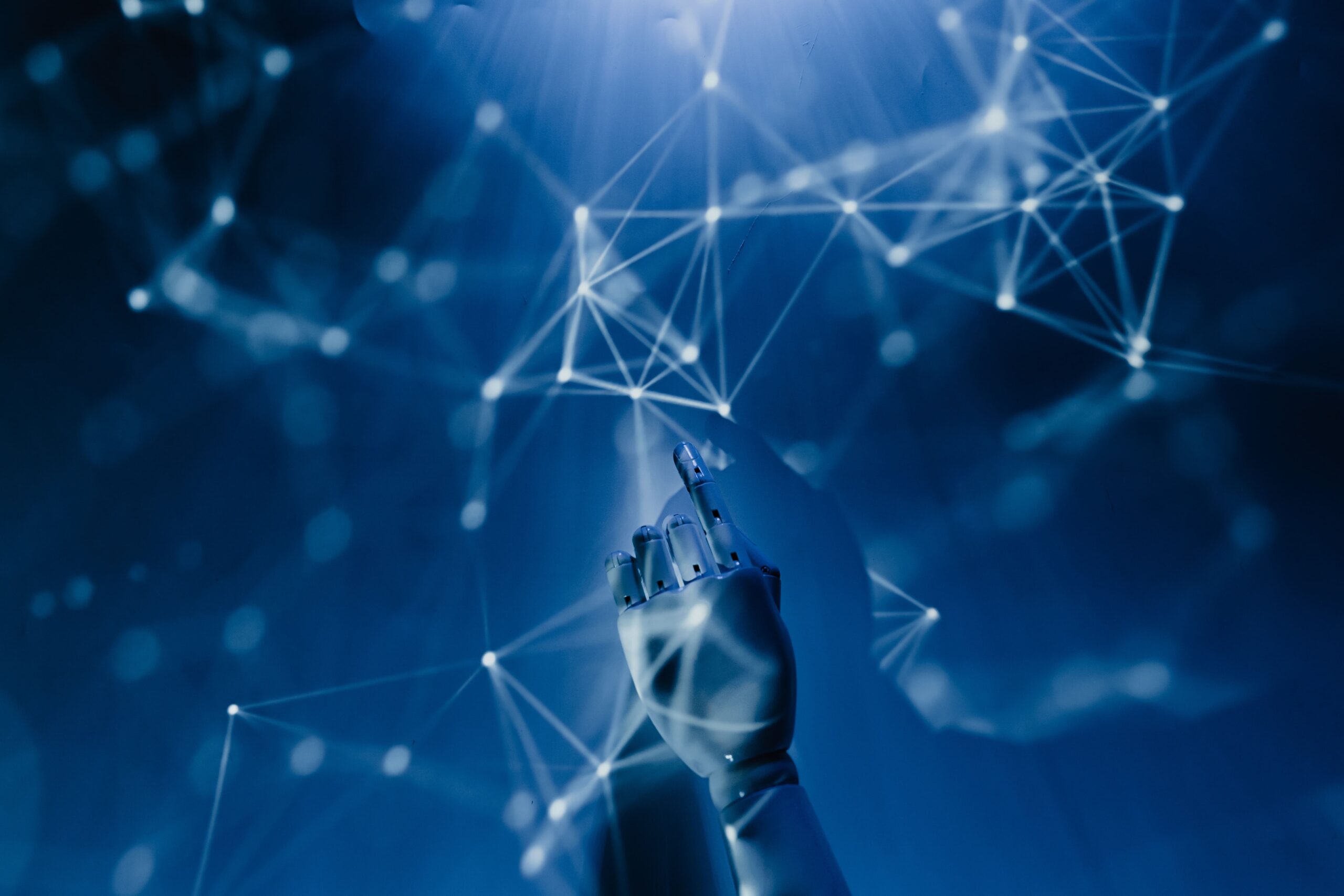
But what does it mean to put digital at the service of the energy transition? One of the examples DuneD‘s customers are familiar with is IoT and artificial intelligence – indeed, the two are often combined, and we speak of AIoT (Artificial Intelligence of Things). AIoT is a great enabler of Energy Management: Internet-connected objects send reliable and up-to-date information on the consumption of electricity and other sources (even water, for example) and help to consume, pollute and pay less as well as to innovate and make business models more competitive. We are doing this with customers from different Industries, from manufacturing to utilities.
AI is used in this field to strengthen the mitigation of the impacts of resources uses. Data analysis enables consumption modelling to better calibrate management interventions. AI and Machine Learning (ML) algorithms constantly align action to real needs by learning from experience, adapting flexibly and triggering real-time corrections. In this way, AIoT triggers a real paradigm shift in business, making it proactive and predictive: it does not suffer, but governs and anticipates trends.
According to a study by AI for the Planet Alliance in collaboration with Boston Consulting Group and BCG Gamma, the use of AI in energy management can drive greenhouse gas reductions from 5% to 10%, or 2.6 to 5.3 gigatons of CO2, if applied globally by governments and businesses across their sustainability strategies.
“Green” cloud and the Digital Twin
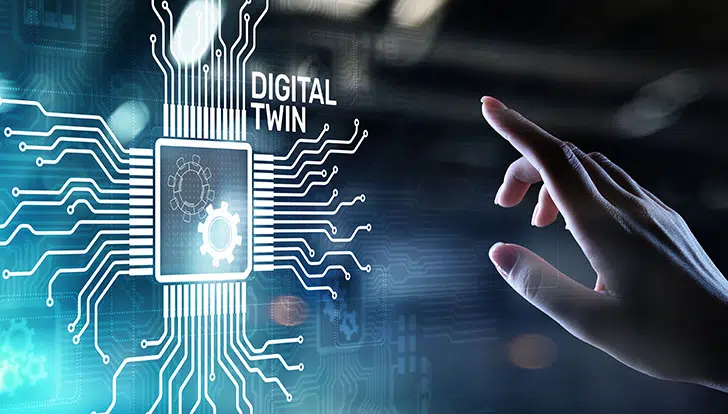
To process the analyses of artificial ‘brains’ (always in conjunction with the analysis of human creative minds), data centres are, of course, necessary and energy-intensive. But even here, energy storage technologies, analytics and Artificial Intelligence help operators look after resource usage. In Omdia‘s annual study ‘Data centre thermal management and sustainability intelligence service’, sustainability is identified as first requirement for data centres in 2022, also applied to the management of energy consumption for cooling machines.
Data centre efficiency is crucial in order to continue exploiting the benefits of Cloud Computing: moving computing loads from local data centres to the Cloud can significantly reduce their carbon footprint if data centre operators offer innovations such as cooling systems that reduce energy and water consumption, optimised hardware, scalability, efficient use of computing resources and IoT for Energy Management.
AWS has calculated that once its infrastructure is powered by 100 % renewable energy (a target achievable by 2025), its customers could reduce carbon emissions from an average workload by up to 96%
Another technology that enables effective Energy Management is the one of Digital Twins, which are used by 60% of organisations in major industries as part of their sustainability plan, according to the report ‘Digital twins: adding intelligence to the real world’ by the Capgemini Research Institute. Digital Twins, by enabling the simulation of a scenario that would occur in the physical world are able to support organisations in using resources more accurately, reducing carbon emissions, optimising supply and transport networks, and even increasing employee safety (an area in which DuneD has already implemented projects for its customers).
Utility are becoming even more digital
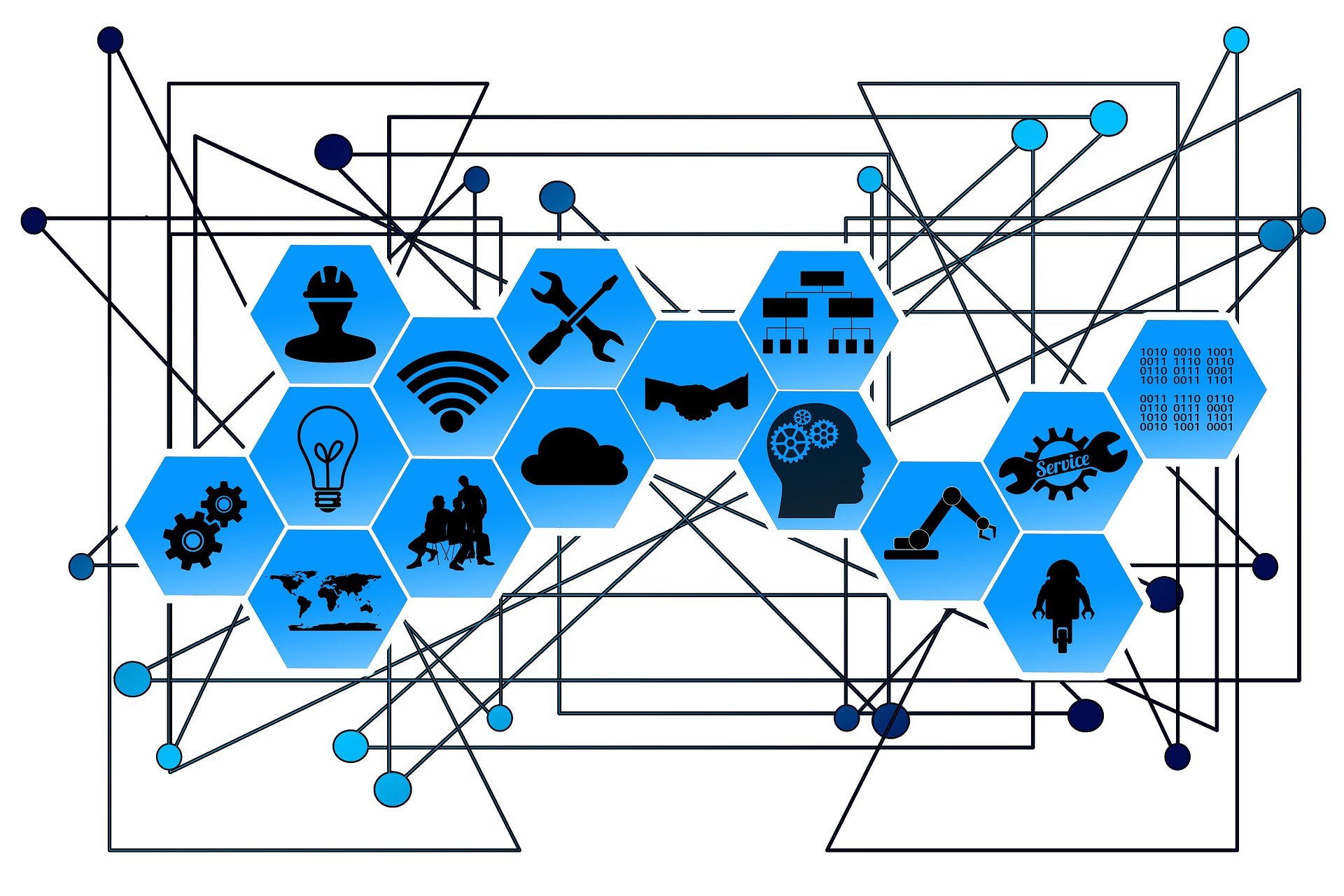
Digitalisation also directly helps stop ‘high bills’ by innovating the practices of electricity companies. Technologies such as Cloud, IoT and AI, for example, are key to minimising issues along the grid and alleviating costs for end users. Machine learning algorithms, for example, allow for estimating future energy consumption and improving demand-based pricing models, as well as predicting peak loads and introducing incentives to balance demand and avert disruptions. Furthermore, continuous monitoring of the condition of cables and other assets via sensors prevents overloads, avoids waste and enables predictive maintenance.
These solutions based on data analysis are commonly adopted by energy multinationals in Italy and around the world. One example is GE Power, whose power generation equipment sold to utilities, produces more than 30% of the energy used worldwide. To ensure that its customer power stations operate efficiently, GE Power relies on Predix, an application that collects and analyses data on the AWS Cloud from thousands of IoT sensors located on equipment inside the power plants. By analysing data on AWS, GE Power helps power plant customers save millions of dollars, receive up to 500,000 data logs per second and scale to support the capture of 20 billion tags of data from sensors.
AIoT-based energy management has a further application: it enables optimisation of results in renewable generation plants, for example by helping to direct solar panels and maximise the use of the renewable sources in commercial bids.
DuneD: we also provide Actionable Insights for energy efficiency
Helping companies moving towards the data-driven company model is DuneD’s mission, and sustainability is an essential part of the data-driven company. It is not only about optimising energy efficiency in production processes, but also about carefully managing all resources and waste materials.
DuneD helps companies with the waste reduction and CO2 emissions by analysing corporate big data to enable intelligent decision-making. In particular, for consumption monitoring and optimisation, we develop AI models and dashboards on Amazon QuickSight that allow measuring and visualising efficiency data by type of energy source, operation and process and evaluate whether corrective or proactive management and optimisation actions are required. Based on the trends detected, customers can – to give an example in manufacturing – make their own considerations on which materials consume more or less given a specific energy source or depending on the process used; they can see which machines, operations and operation-machine combinations are the most efficient in terms of energy consumption and quantities produced; and they can also display a complete overview of machine stops to carefully manage production and stop periods and avoid unnecessary consumption.
Far from being the technology that takes over from man, Artificial Intelligence is a valuable ally for businesses and people to whom it offers new tools to improve productivity, quality of work and efficiency in handling the planet’s resources.
Food for thought…
- An analysis by the University of Berkley in California, Master of Development Practice (MDP), about ten green technologies that ‘give us hope for a sustainable future’
Interesting Podcasts…
- “Zero”, the podcast of the National Federation of the Knights of Labour, a ten-part series that aims to raise awareness of energy transition by providing best practices narrated by the CEOs and presidents of major Italian industrial groups
- “Digitisation of manufacturing with AI technologies, analytics and digital twin“, a podcast of Capgemini
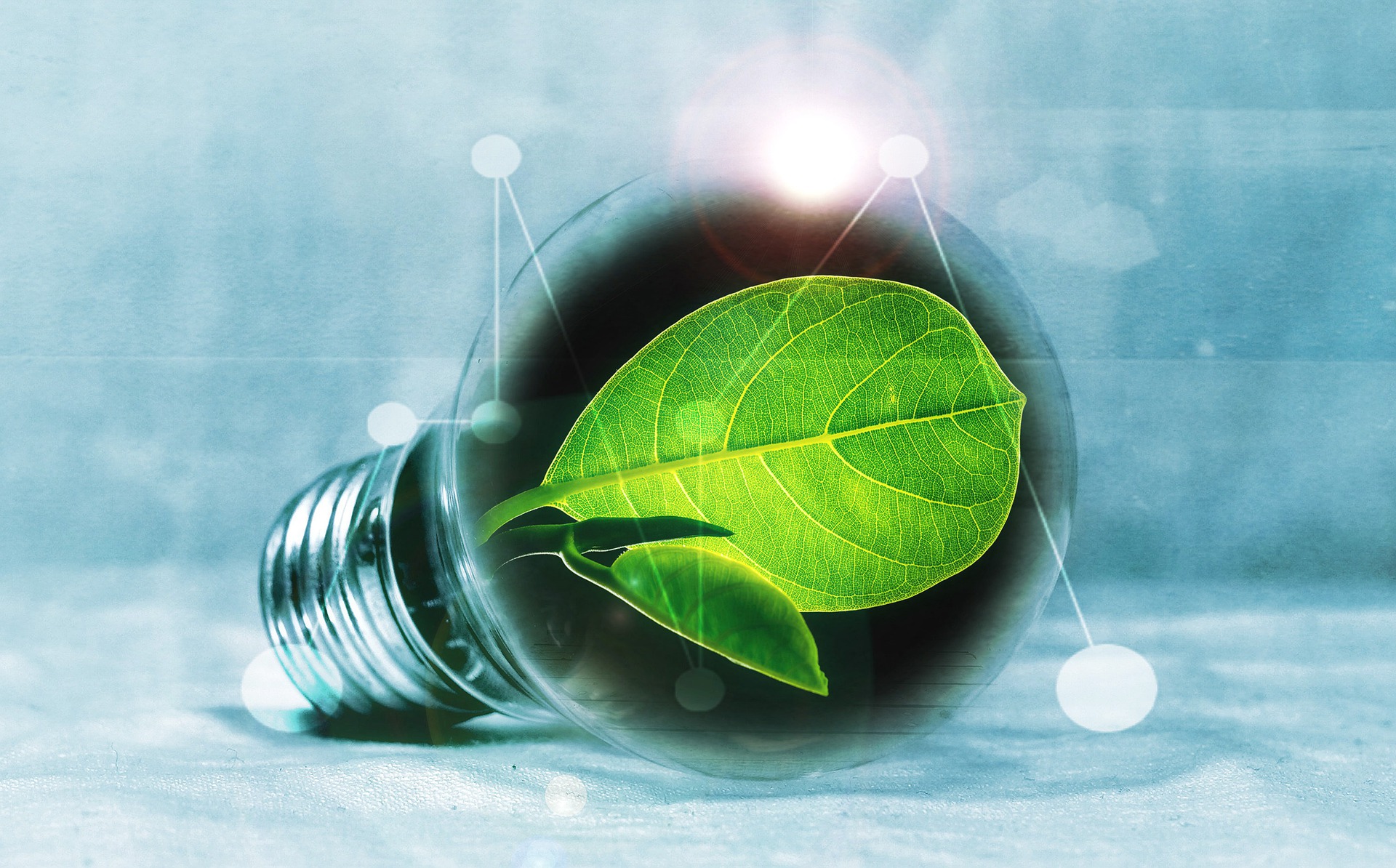
Leave a Reply